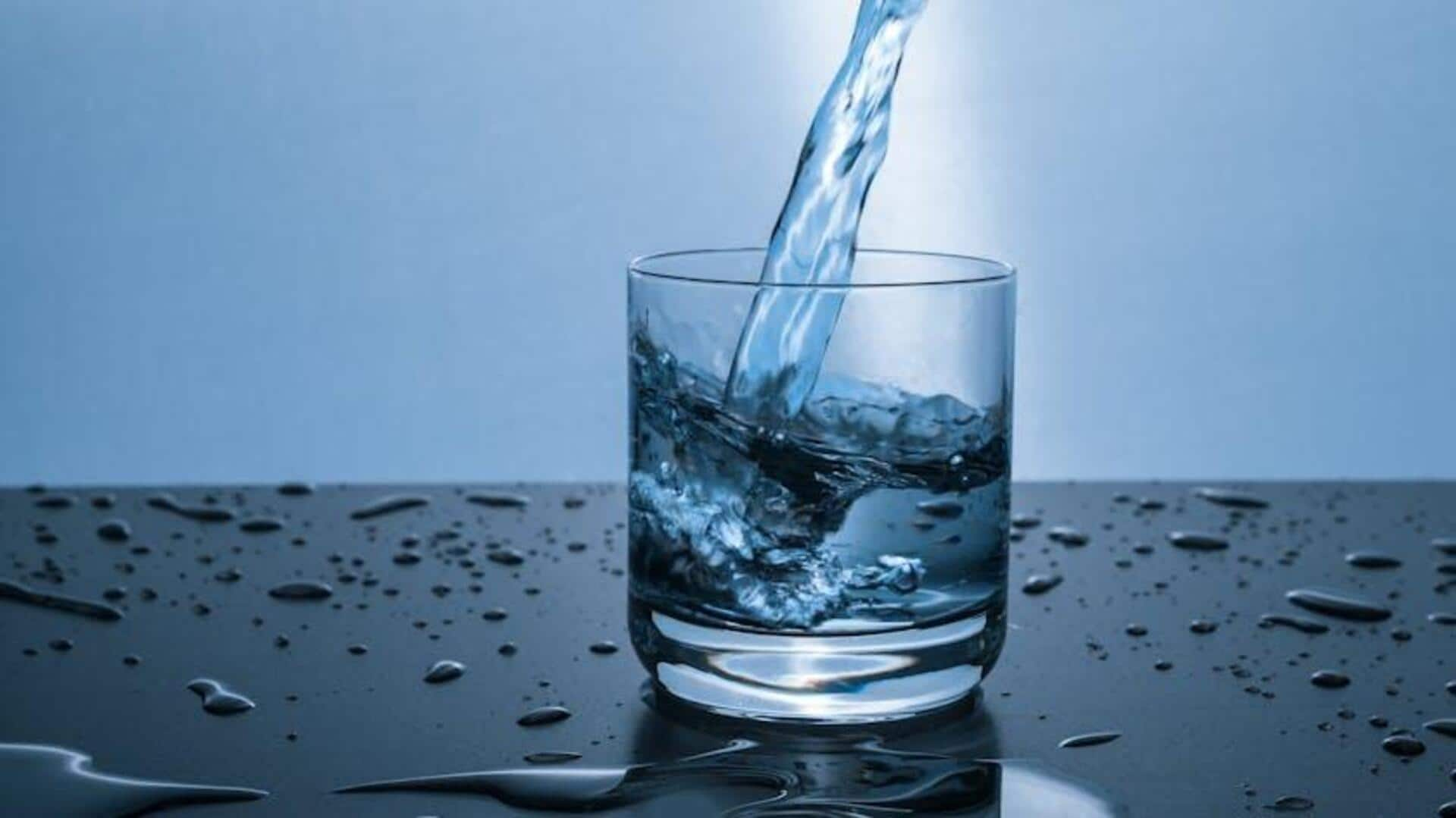
Is alkaline water worth the hype?
What's the story
Alkaline water has taken the world by storm with promises of a host of health benefits, but it is important to look at these claims with skepticism. Advocates of alkaline water claim that it can neutralize acid in the blood, increase metabolism, and enhance absorption of nutrients. However, scientific evidence to support these claims is few and far between. Here's what you should know.
PH myth
The pH balance misconception
Many people believe that drinking alkaline water dramatically changes the pH levels in our body. The human body is, however, able to maintain a constant pH level through complex regulatory systems (mainly kidneys and lungs). Due to these natural mechanisms, drinking alkaline water doesn't significantly affect blood pH levels. So, depending on alkaline water for changing body acidity may not be as effective as you'd think.
Research gaps
Limited scientific evidence
While certain studies indicate that alkaline water has possible benefits for certain conditions such as acid reflux, there is a lack of extensive research. Most studies are either small-scale or lack rigorous methodology, making it difficult to conclude anything definitively about its health effects overall. Without solid scientific evidence, how drinking alkaline water can improve health overall remains speculative.
Essential hydration
Hydration over hype
While staying hydrated is essential for health and well-being, the kind of water you drink may not be as important as commonly made out to be. Regular tap or bottled water is sufficient for hydration without having to resort to pricier options such as alkaline ones. Prioritizing adequate daily fluid intake should be prioritized over obsessing over alkalinity levels of drinking water.
Health cautions
Potential risks and considerations
While generally safe for most, excessive intake of highly alkaline substances could disrupt normal bodily functions over time. This disruption affects digestive processes/mineral absorption rates, negatively impacting certain individuals' health conditions. For example, kidney disorders where electrolyte balance becomes a crucially important factor require careful monitoring. Medical supervision is necessary before making significant dietary changes.